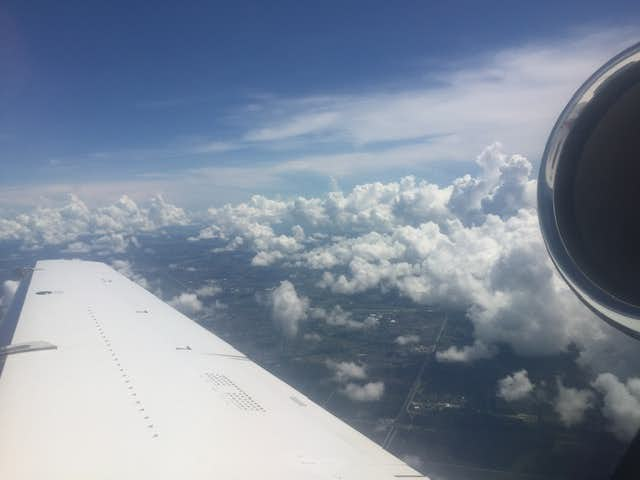
Business aviation in the U.S. is getting some relief as part of the CARES (Coronavirus Aid, Relief, and Economic Security) Act, passed last week by both houses of Congress and signed by President Donald J. Trump.
For consumers, the most noticeable impact is that Part 135 operators (and you) don’t have to pay the 7.5% Federal Excise Tax. The levy applies for domestic flights or flights to and from the U.S. beginning or ending within 225 miles of the border with several exceptions.
Both jet cards and on-demand flights operate under Part 135, so for both, you will see savings.
Locations not in Canada or Mexico, such as Nassau in the Bahamas, are not part of the 225-mile zone. The zone can be visualized as an area that is 225 miles above the United States border in Canada or 225 miles below the
United States border in Mexico.
The bill also offers Part 135 charter operators up to $25 billion in loans and loan guarantees, according to an analysis by the National Air Transport Association.
There is another $25 billion allocated wages, salaries, and benefits for employees of Part 135 operators. Jet fuel tax is also being waived through the end of the year.
According to NATA, the loans are being made through local banks. Companies (LLC, C Corp., S Corp., etc.) that employ under 500 people are eligible.
Eligible companies can borrow up to 2.5 times their average monthly payroll for the past 12 months.
Loan forgiveness is equal to the amount spent by the borrower during an eight-week period after the origination date of the loan on payroll costs, interest payment on any mortgage incurred prior to February 15, 2020, payment of rent on any lease in force prior to February 15, 2020, and payment on any utility for which service began before February 15, 2020.
The amount forgiven will be reduced proportionally by any reduction in employees retained compared to the prior year and reduced by the reduction in pay of any employee beyond 25% of their prior-year compensation.
The business aviation industry accounts for over 1.2 million jobs in the U.S. alone and nearly $250 billion in economic output.
An analysis by Tuvoli shows while there are 573 Part 135 operators in the U.S. with at least one business jet available for charter, 71% have five or fewer jets in their fleet.
Research conducted with subscribers of Private Jet Card Comparisons found that while 39% had canceled private jet trips due to the pandemic, 36% had scheduled extra flights, mainly for evacuations.
Over the next 90 to 120 days, respondents said most private flights will be to relocate family members, travel to second homes, or attend critical business meetings.
With airlines reducing flights, private aviation is serving a critical role in repatriation and evacuation flights.
Fixed-based operators (FBOs), private jet terminals, are also eligible for up to $3 billion in aid. Operators have expressed concerns that the drop in traffic could cause some FBOs, which provide fuel, to close, at least temporarily. In the U.K., Harrods Aviation has closed locations.
NATA also scheduled a webinar for Wednesday, April 1, 2020, at Noon Eastern Standard Time.
Jet card users will want to pay extra attention to their invoices. Ensure applicable flights are not accidentally billed for Federal Excise Tax during the period of waiver. On-demand charter users should also ensure quotes for applicable flights through the end of the year don’t add the FET.
One insider said the way accounting systems work, there is always a chance for glitches. He said to pay attention for flights booked before the waiver went into effect on Friday. The waiver is based on flight date, not booking date.